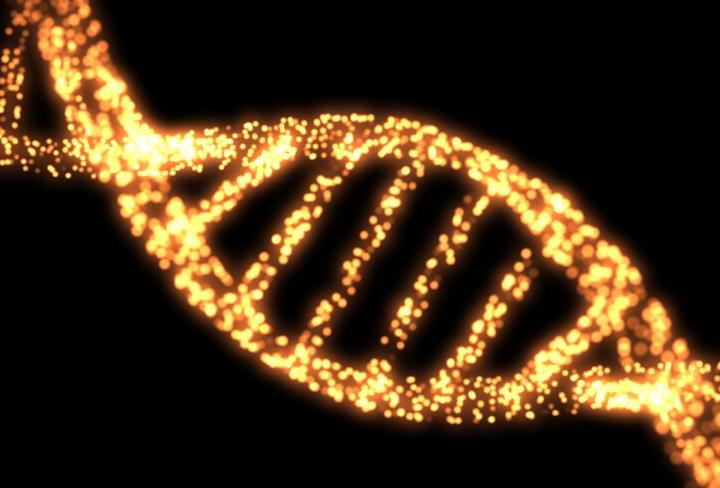
Credit: MIPT Press Office
MIPT researchers have collaborated with Atlas Biomedical Holding and developed a new bioinformatics data analysis method. The developed program, EphaGen, can be used for quality control when diagnosing genetic diseases. The team published the article in Nucleic Acid Research.
The mapping of the human genome in the early 21st century and understanding the nucleic acid sequence have provided ample opportunities for research on both genetic diseases and genetic predisposition. This has become possible after the development of next-generation sequencing, or NGS — new methods for determining a DNA sequence. They produce faster results in a less costly procedure and can be integrated into routine clinical practice.
While the diseases that can be caused by defects in several distinct DNA segments — called polygenic disorders — are still the province of researchers, DNA diagnostics of single-gene disorders associated with a defect in a specific DNA segment (known as Mendelian disorders) is now a standard of care in medical genetics.
The main challenge when using NGS data in clinical practice is the need for an unambiguous answer to whether a patient has a mutation. When a mutation is not detected, confidence that such findings are not associated with low data quality is required. Special quality metrics have been introduced to ensure this; however, they only provide indirect evidence of the presence or absence of a mutation.
Researchers from MIPT and Atlas have developed EphaGen software, which uses a new evaluation method to provide a straight answer to that question. Given a spectrum of the clinically relevant variants of interest, it associates these NGS data with a single parameter. Based on the inner algorithm, this parameter resembles diagnostic sensitivity and may thus be used to decide whether the collected data are suitable for clinical interpretation or not.
“Interpretation of laboratory data has become more complex due to the rapid introduction of new sequencing methods in clinical practice,” said the article’s lead author, Maxim Ivanov, a PhD student at the MIPT Department of Bioinformatics. “A doctor often wants a straight answer as to whether a mutation was detected or not. However, a laboratory is often unable to provide such an answer due to numerous ‘buts.’ Such as, ‘We have not detected a mutation, BUT we haven’t analyzed one gene, or the analysis of some genes was incomplete, or there was a technical failure in the analysis of certain regions of some genes.’ NGS is a large-scale technology, so a specific important DNA segment may remain unanalyzed, without this being noticed.”
“We have implemented an integral characteristic that will enable a doctor to assess the reliability of the ‘no mutation’ result, and will provide a unified language for communication between a clinician and the laboratory. And of course, there can be numerous other applications, too. As we demonstrated in our study, it may assist labs to perform head-to-head comparison between different technical solutions or detect the source of failure, and so on,” Ivanov added.
The developed EphaGen software provides a novel approach for performing measurement in routine clinical NGS testing and can be easily implemented into existing clinical workflows as a measure of quality control.
###
The research was conducted with the support of the Russian Foundation for Basic Research.
Media Contact
Varvara Bogomolova
[email protected]
7-916-147-4496
Original Source
https:/
Related Journal Article
http://dx.




